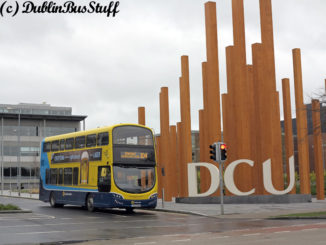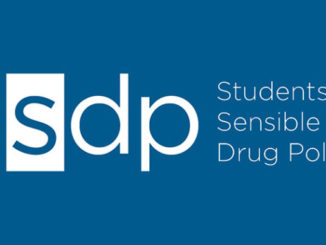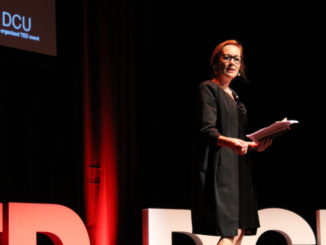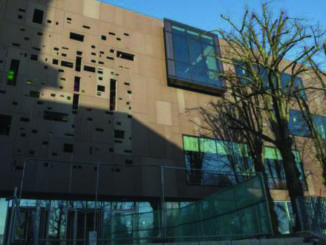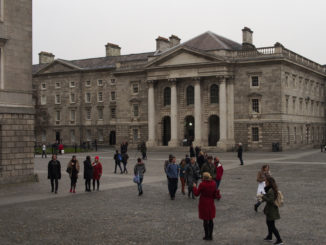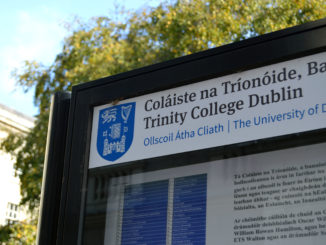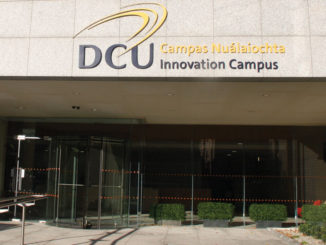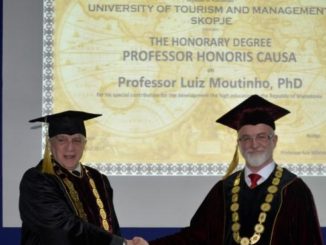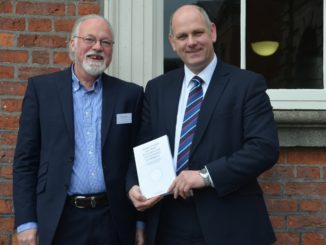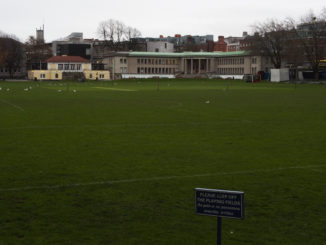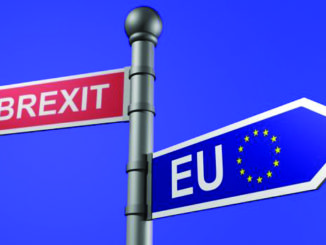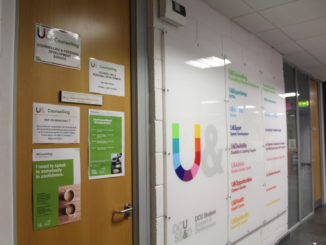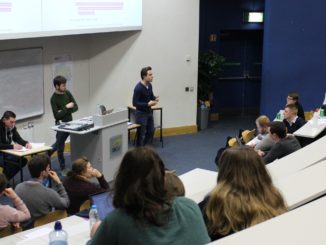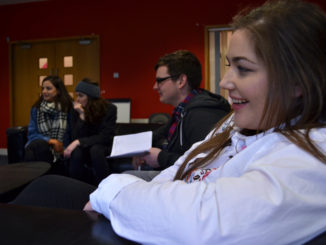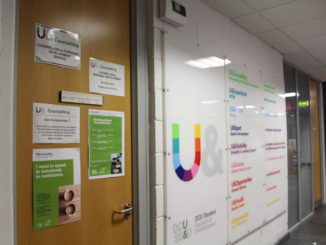A School of Law and Government professor has granted a President’s Award for Research for her “outstanding contribution” to research in the field of cyberterrorism.
Maura Conway, who heads the DCU-led VOX-Pol research network, described her win as a great feeling, saying: “It’s always good when we get people in humanities, the social sciences having their research recognised.”
Conway has been researching cyberterrorism since the late 90’s, after she developed an interest in exploring the link between globalisation and terrorism. “That was as far as I got with it,” she said, “because i became really taken with this idea of terrorism and the internet and what direction it was going.”
At the time the scholarly idea of what cyberterrorism would be was “an attack on or using the internet for terrorism purposes,” she said. “I’m a bit of a skeptic in that regard.”
Instead Conway thought “the use of the internet for outreach and propaganda by violent extremists” would be much more likely, and that’s how things have played out, she said.
“Terrorists use the internet like everyone else,” Conway said. “They’re especially aware that young people are very heavy internet users… young people between the ages of 16 to 30 are the most important demographic for extremist organisations.They seek to reach other people like themselves using the technology they use in their lives every day.”
Conway pointed to the Islamic State, who “really ran with social media… to reach out beyond the countries in which they have a major physical presence, and to influence people around the globe to either travel to their location or to carry out attacks on their behalf.”
Conway warns that “it’s mistaken to believe the use of the internet for radicalisation purposes is restricted to violent jihadis.” The extreme right in Europe are “worth keeping an eye on,” she said – “they’ve been doing their politics online since the early 1980s so they’ve been very well placed to use the internet to further their purposes.”
Traditional cyberattacks – the spreading of viruses, the hacking of systems – will remain an activity practiced by nation states rather than terrorists, Conway predicts.
It’s a question of resources – it’s cheaper to make and plant a bomb than train a team of hackers – and it attracts more attention.
“The Boston bombings got massively more attention than the Stuxnet virus attack on Iran’s nuclear programs,” she said. “Terrorists do cost-benefit analyses.”
Read more…
